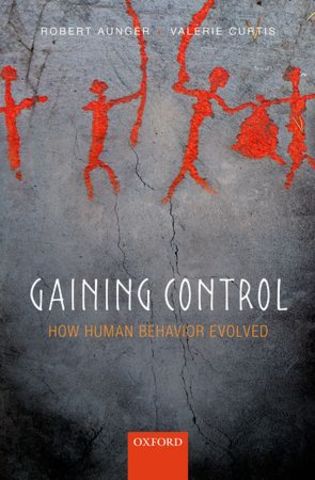Gaining control: how human behaviour evolved
Presents a short, accessible, and insightful theory for understanding how complex behavior evolved - one that will be fascinating for students and researchers across the biological sciences Considers the practical implications of this theory for changing behavior, including those that might be harmful to the individual 'Gaining control' tells the story of how human behavioral capacities evolved from those of other animal species. Exploring what is known about the psychological capacities of other groups of animals, the authors reconstruct a fascinating history of our own mental evolution.
In the book, the authors see mental evolution as a series of steps in which new mechanisms for controlling behavior develop in different species - starting with early representatives of this kingdom, and leading to a species - us - that can engage in a large number of different types of behavioral control. Key to their argument is the idea that each of these steps — from reflexes to instincts, drives, emotions, and cognitive planning - can be seen as a novel type of psychological adaptation in which information is 'inherited' by an animal from its own behavior through new forms of learning - a form of major evolutionary transition. Thus the mechanisms that result from these steps in increasingly complex behavioral control can also be seen as the fundamental building blocks of psychology. Such a perspective on behaviour has a number of implications for practitioners in fields ranging from experimental psychology to public health.
| Item Type | Book |
|---|---|
| Date Deposited | 22 Sep 2015 19:06 |
-
image - 9780199688951_450.jpg
-
subject - Cover Image
-
copyright - Available under Copyright the publishers
